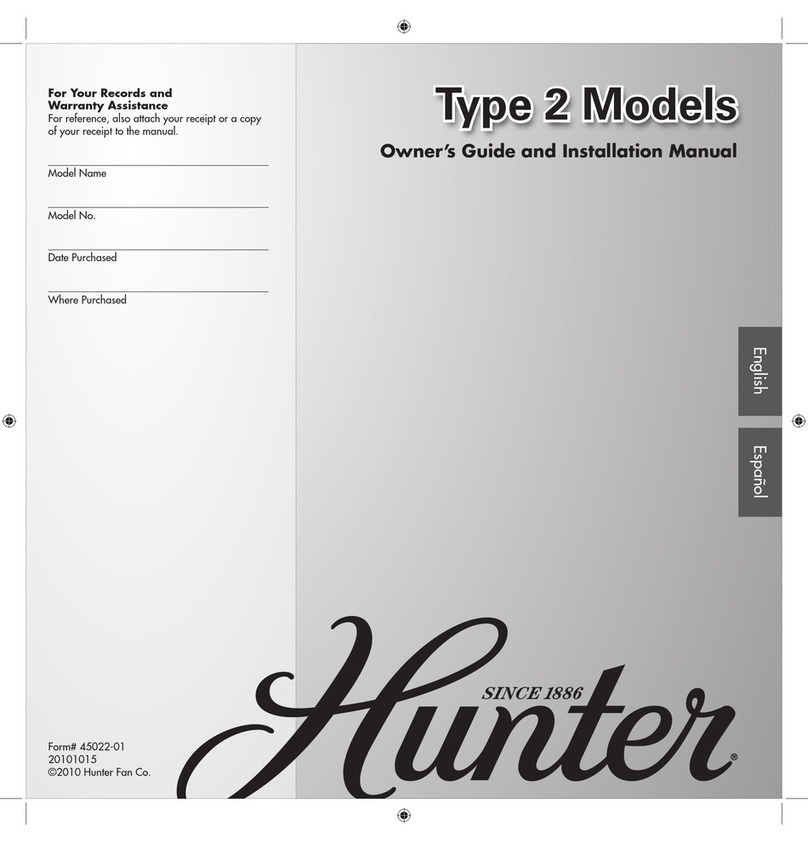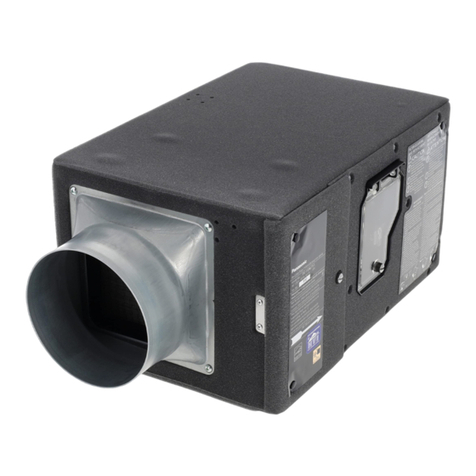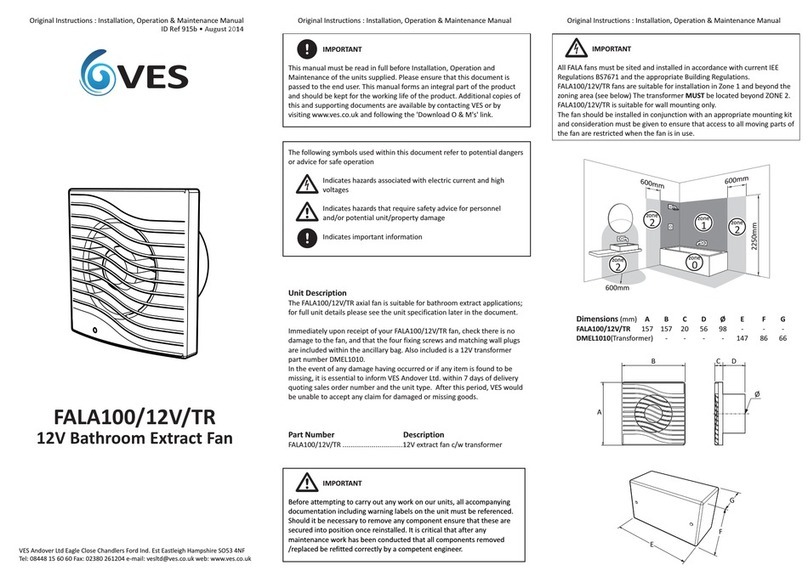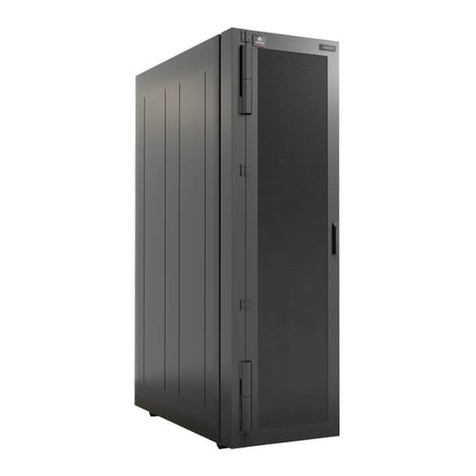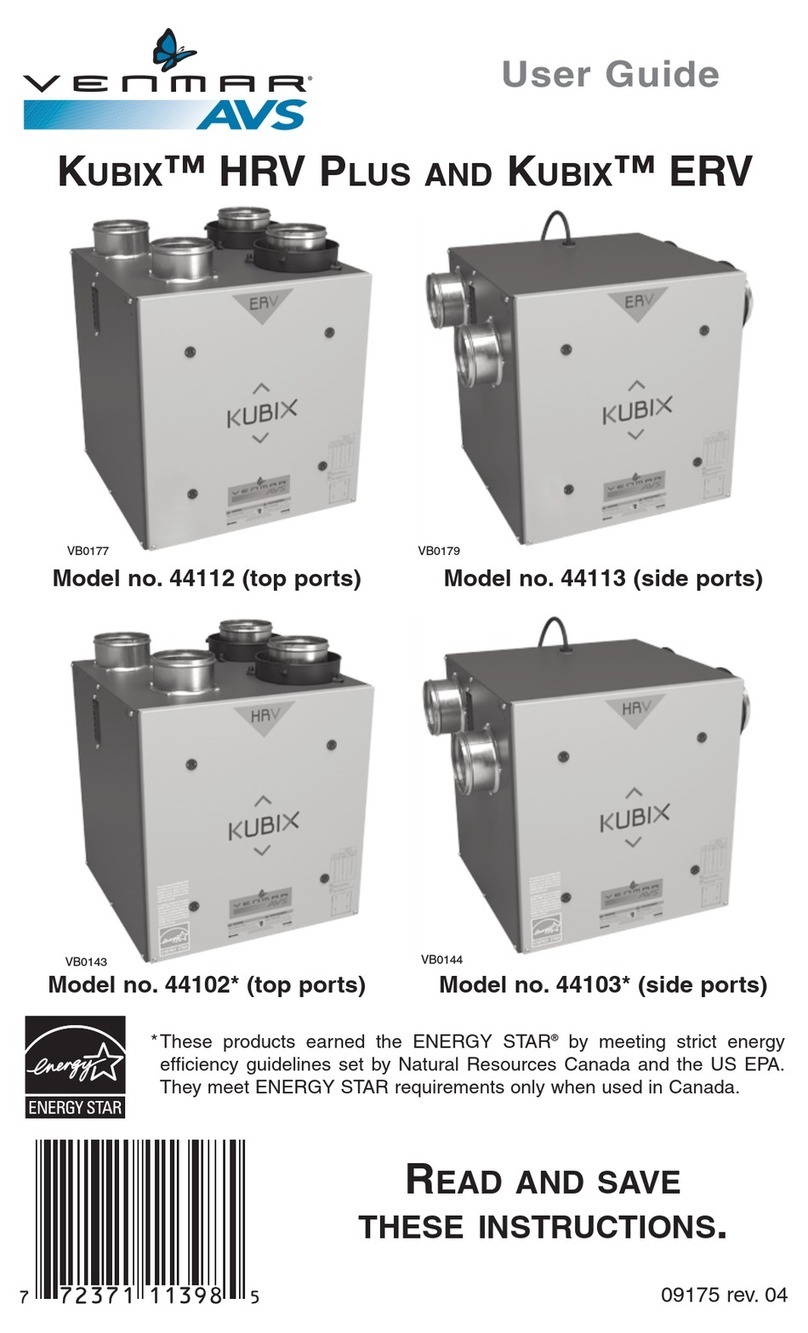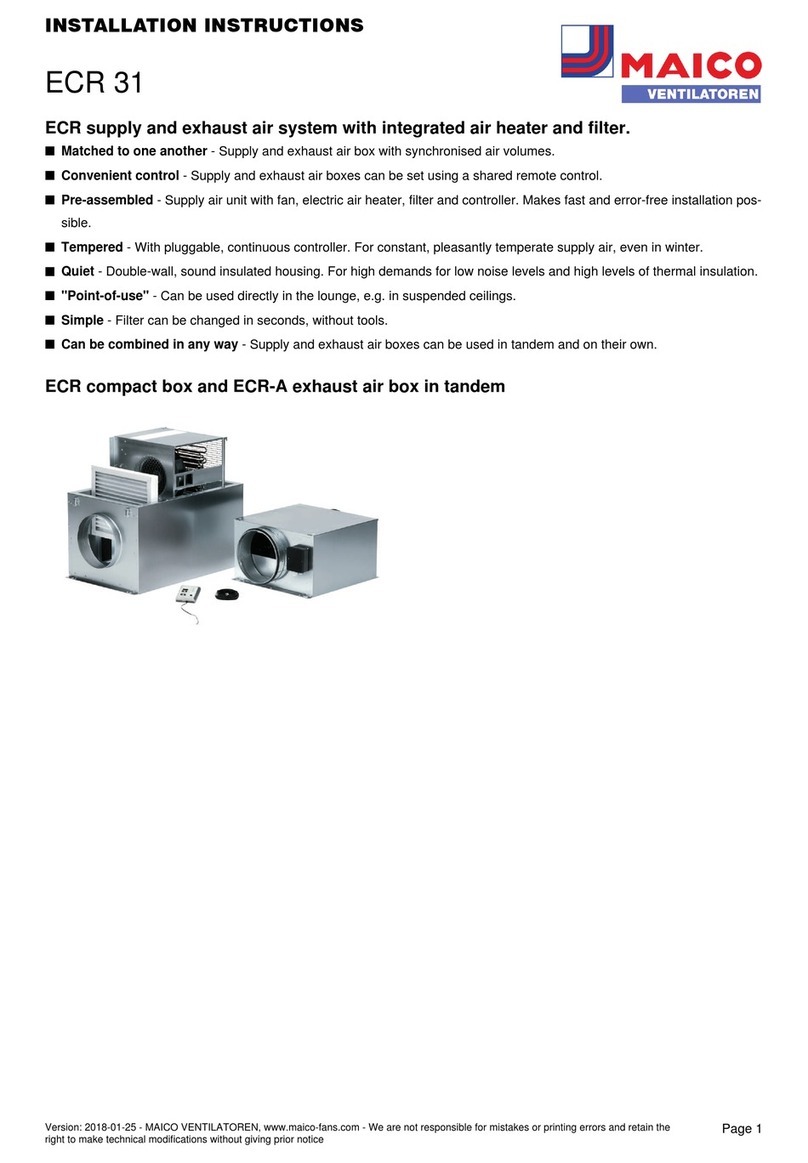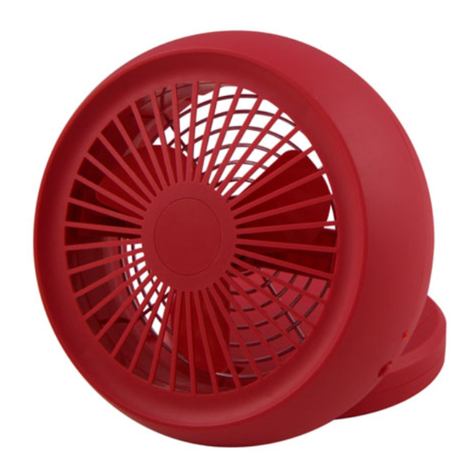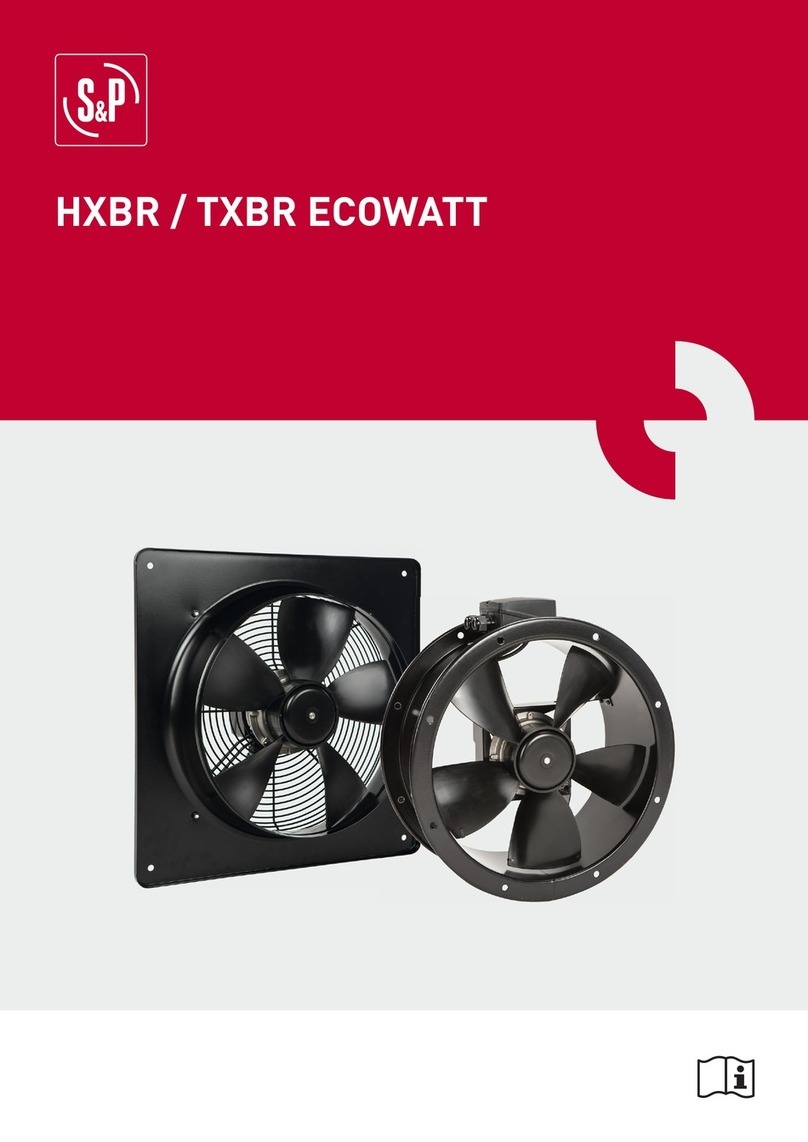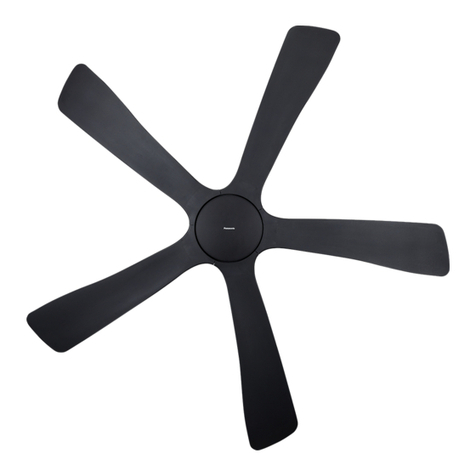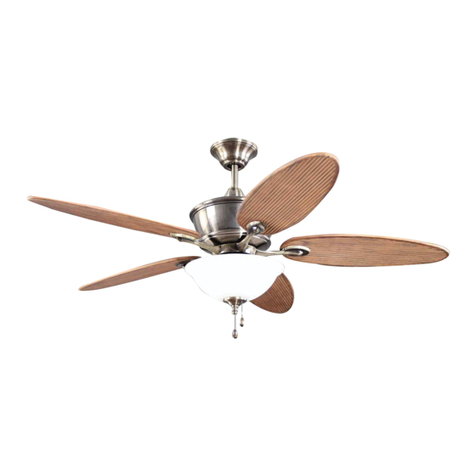
Instruction manual
(technical handbook)
g&r – im th – moplen
cone fan - eng
01/01/1995
Moplen cone fan Rev. No. 05
01/01/2017 Page 3 of 83
Gigola e Riccardi S.p.A. Via Alessandro Volta, 7 | 25046 Cazzago San Martino (BS) Italy | VAT No. IT02050120985
Contents
1. Introduction ........................................................................................................................................5
1.A. General warnings................................................................................................................................................................................5
1.B. Purposes and intentions of the manual ..........................................................................................................................................5
1.C. Glossary and terminology.................................................................................................................................................................6
1.D. Typographical conventions and pictograms used in the manual ........................................................................................11
1.E. Intended users of the manual, safekeeping...............................................................................................................................13
1.F. Qualification of maintenance personnel.....................................................................................................................................13
1.G. Work clothing and personal protective equipment .................................................................................................................16
1.H. Contents of the manual ...................................................................................................................................................................16
1.I. Standard documentation supplied...............................................................................................................................................17
1.J. Updates of the manual.....................................................................................................................................................................17
1.K. Important information......................................................................................................................................................................17
1.L. Meaning of the pictograms affixed on the machine .................................................................................................................18
1.M. Manufacturer’s responsibility .......................................................................................................................................................18
1.N. Guarantee...........................................................................................................................................................................................19
1.O. Customer service and after-sales support ................................................................................................................................19
1.P. Suggestions and feedback from the user ..................................................................................................................................19
2. General features of the machinery .....................................................................................................20
2.A. Envisaged conditions of use and features .................................................................................................................................20
2.B. Main aspects linked to operation..................................................................................................................................................20
2.C. Description of the machine ............................................................................................................................................................20
2.C.I. Shutter......................................................................................................................................................................................21
2.C.II. Motor and transmission .......................................................................................................................................................21
2.C.III. Fan box .....................................................................................................................................................................................22
2.C.IV. Fan.............................................................................................................................................................................................22
2.C.V. Conical diffuser......................................................................................................................................................................23
2.D. Identification of the manufacturer................................................................................................................................................23
2.E. Declaration of conformity...............................................................................................................................................................23
2.F. Identification of the machinery .....................................................................................................................................................24
2.F.I. Position and structure of the ID plate ..............................................................................................................................24
2.F.II. Intelligibility, maintenance and substitution of the plate............................................................................................24
2.G. Overall dimensions...........................................................................................................................................................................25
2.H. Technical information on fans belonging to the EOLOSTAR family:...................................................................................25
2.I. Unpermitted, unenvisaged and/or improper (foreseeable and unforeseeable) use of the machine .........................25
3. Warnings and general precautions.....................................................................................................26
3.A. Accident prevention warnings ......................................................................................................................................................26
3.B. Warnings on the protection devices installed on the machine.............................................................................................27
3.C. Notes on the residual risks.............................................................................................................................................................27
3.D. Warnings for use in potentially explosive atmosphere (ATEX) .............................................................................................28
3.E. Precautions for the installation of parts by the user ...............................................................................................................28
4. Shipping, receipt and acceptance......................................................................................................29
4.A. Shipping and transportation ..........................................................................................................................................................29
4.B. Receipt.................................................................................................................................................................................................29
4.C. Acceptance ........................................................................................................................................................................................29
4.C.I. Non-acceptance due to flaws, defects and/or non-conformities .............................................................................29
5. Packing – Unpacking – Handling – Transportation...............................................................................30
5.A. Packaging ...........................................................................................................................................................................................30
5.A.I. Packaging free.......................................................................................................................................................................30
5.A.II. Cardboard box .......................................................................................................................................................................30
5.A.III. Cardboard box strapped on pallet....................................................................................................................................31
5.A.IV. Cardboard boxes strapped on pallet wrapped with plastic stretch film ................................................................31
5.B. Unpacking...........................................................................................................................................................................................32
5.B.I. Disposal of the packaging...................................................................................................................................................32
5.C. Handling ..............................................................................................................................................................................................33
5.C.I. Loading, unloading and manual handling of the machinery (with or without packaging) .................................34
5.C.II. Mechanical loading, unloading and handling of the machinery (with or without packaging)...........................35
6. Storing and stowing...........................................................................................................................36
6.A. Short term...........................................................................................................................................................................................36
6.B. Long-term............................................................................................................................................................................................36
7. Assembly - Disassembly ....................................................................................................................37
7.A. Completely disassembled machinery .........................................................................................................................................37
7.B. Partly disassembled machinery....................................................................................................................................................37
7.B.I. Conical diffuser......................................................................................................................................................................37
8. Installation and connections ..............................................................................................................39
8.A. Choosing the unit’s position...........................................................................................................................................................39
8.B. Wall installation .................................................................................................................................................................................40
8.C. Wall installation with metal supports...........................................................................................................................................41

